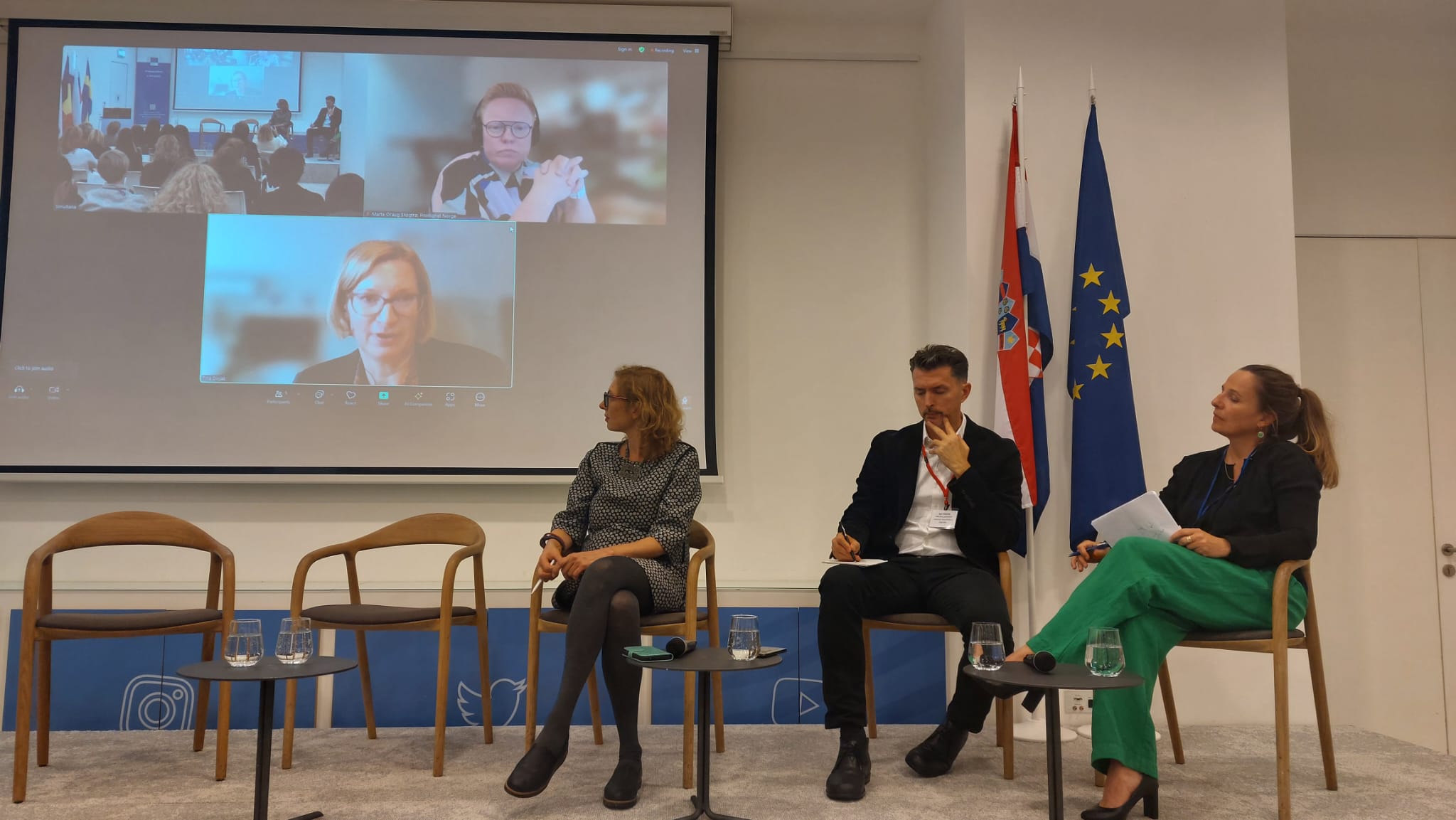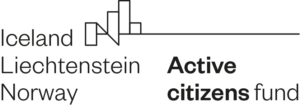Bilateral Discussion: Directions for the Future?
Posted 08.10.2024.

Over the past five years, the Active Citizens Fund (ACF) has operated in a context of continuous crises, social polarization, and citizen insecurity, including the pandemic, war in Ukraine, inflation, and social tensions. Despite these challenges, citizens remained key drivers of change, and investment in civil society has proven to be a strategically sound direction.
At the bilateral panel on the impact and future of ACF, held as part of the final ACF Croatia conference, Igor Vidačak from the Faculty of Political Science emphasized that, despite commitments made during EU accession negotiations, systemic support for civil society has not been secured after Croatia’s entry into the EU. In this context, ACF served as an essential mechanism for the development of civic education, long-term policies, and the strengthening of advocacy capacities of civil society organizations (CSOs). Given growing autocratic tendencies and the shrinking space for civil society in many European countries, ACF has been a crucial source of support, enabling organizations to continue operating and survive.
Tina Divjak, former head of the ACF program in Slovenia, highlighted the importance of stable and flexible funding for civil society, stressing that CSOs are the last line of defense for democracy. She specifically pointed out that ACF in Slovenia was the only available donor for the protection of human rights during Janez Janša’s tenure, with its impact also reflected in the successful election initiative in Slovenia in 2023.
From the perspective of Norwegian civil society, Marte Oraug Skogtrø from the umbrella organization Frivillighet Norge emphasized that ACF is more relevant than ever. While Norway has a long tradition of stable democracy and high trust in CSOs, it is evident that democracy cannot be taken for granted. Experiences from younger democracies demonstrate that resilience and organization within civil society play a crucial role in responding to crises.
Kristin Dalen from the FAFO Research Foundation pointed out that we are living in an era marked by polarization, which affects all processes, including the relationship between new democracies and increasingly authoritarian regimes. The core mission of ACF remains the strengthening of an active, inclusive, and sustainable civil society, where citizens are free to participate, express their opinions, and associate. As such, ACF is of critical importance, not only for Europe but also in a broader global context.
Lessons for the Future: How to Ensure the Sustainability of Civil Society?
The second part of the panel focused on lessons learned and future challenges. Tina Divjak emphasized that ACF is the first public fund that explicitly states it does not finance projects that oppose democracy and human rights. This is particularly important in regions where anti-democratic tendencies are strengthening, making it crucial to maintain clear support for civil society organizations.
Professor Vidačak highlighted the need for new models of advocacy and strategic planning, as state institutions are becoming increasingly less open to civil society initiatives. Adapting advocacy strategies and developing proactive coalitions beyond traditional frameworks is now more important than ever.
From a Norwegian perspective, Marte warned that quality cooperation and bilateral partnerships require time. The ACF program, while essential, remains vulnerable to EU bureaucratic obstacles, which can slow down or interrupt funding, leaving organizations in uncertainty. Strengthening mutual understanding and learning from each other is key to ensuring long-term and stable partnerships.
Kristin Dalen concluded that the most important lesson is that ACF must continue its work. Civil society requires predictable and long-term funding, as funding gaps lead to the loss of people, organizations, and accumulated knowledge. Furthermore, excessive administrative burdens on CSOs diminish their actual impact. Rather than short-term reporting requirements, it is essential to focus on the long-term evaluation of funded projects.
In conclusion, ACF is not just a financial mechanism but a tool for strengthening democracy, resilience, and social cohesion, making it more relevant today than ever before.
